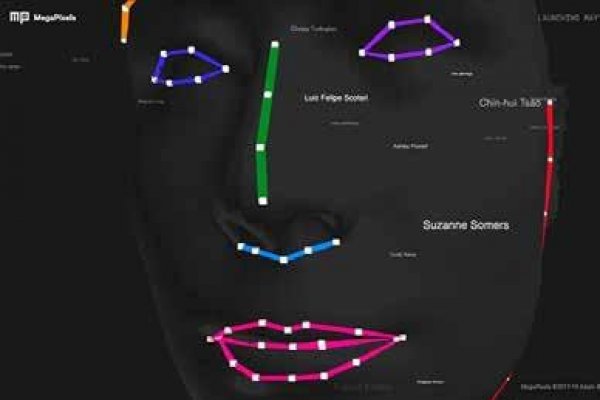URBAN CYBORGS
Laufzeit:
Öffnungszeiten:
Allgemeine Öffnungszeiten
Dienstag - Freitag 14.00 - 19.00 Uhr und nach Vereinbarung
Eröffnung:

Special Programme Kulturjahr Graz 2020
“At some point these urban vectors might become more significant for our global geopolitics than the countries within which they exist.” [Saskia Sassen]
Digital technologies have become part of daily life in these cities, where they are particularly prominent. Some are experienced as hardware in the form of new machines, devices, vehicles, drones, etc., while others work in the background as software in our smart cities, smart homes and on social media, influencing our actions and thoughts without our awareness.
How will we perceive and lead our lives in these digitalised cities as (urban) cyborgs, as hybrid creatures – and how will we help shape society? We are not simply chimeras of machine and organism, but also constructs that combine individual and social perceptions and projections, realities and fictions.
Media art projects provide the opportunity to think about the technologies and programmes we use, going beyond (aesthetic) perception. They enable us to ask questions about their effects on our society and our individual lives, as well as to simulate different aspects of ideas, such as positions of trans-human ethics (animals, the earth, the cosmos). This encourages a considered approach to using machines and systems.
In addition to “global urban networks with their specific agendas, we can detect a second emergent development inside nation-states: a number of geopolitical urban vectors where much of global geopolitics plays out. These may well be more significant than the national government as such, partly because they account for much of the global economy. At some point these urban vectors might become more significant for our global geopolitics than the countries within which they exist.” [Saskia Sassen]
Digital technologies have become part of daily life in these cities, where they are particularly prominent. Some are experienced as hardware in the form of new machines, devices, vehicles, drones, etc., while others work in the background as software in our smart cities, smart homes and on social media, influencing our actions and thoughts without our awareness.
How will we perceive and lead our lives in these digitalised cities as (urban) cyborgs, as hybrid creatures – and how will we help shape society? We are not simply chimeras of machine and organism, but also constructs that combine individual and social perceptions and projections, realities and fictions.
Digitalisation, with all its accompanying hardware and software developments, greatly benefits people in many different areas, but can also pose considerable risks. Politically and economically strong interest groups can use digitalisation to their own advantage, for example, by making use of new computer-based surveillance technologies, or programmes and applications that influence consumer behaviour and can be used to manipulate public opinion.
The ethics of artificial intelligence not only highlights this issue, but also sketches out a very different, far more dramatic scenario as well as searching for viable solutions.
If there is a possibility that the various AI expert systems already available could, at some point, connect to create a type of “hyper-intelligence” that is not only superior to humans in certain areas, but that would be capable of making people into “slaves” of their own invention, the question arises of whether humans should implement countermeasures. For example, by considering whether it would be technologically possible to implant a catalogue – or Decalogue – of moral norms into AI systems. This requires humans to go beyond simple usage when considering technologies and strategies to undertake a differentiated analysis of related social phenomena. This would make it possible to develop norms or laws that regulate the use of digital technologies.
Media artists reflect on the potential power innate to media and experiment with new technical possibilities.
Monika Fleischmann, Director of the MARS Exploratory Media Lab, highlights the importance of media art projects for her research group: “Our collaborations with media artists have been successful because these people are experts in different areas of design and fine art, who can give technologies form as an object, toy, or element of communication design. But, not only that, media artists also have interests and skills in areas that extend way beyond this field to cover technology, theory, and the natural sciences. They are indispensible experts in processes of digital (trans)formation due to their focus on the shapes objects or new technologies take in the world, on how they communicate with people, and which needs, interests and habits are intrinsic to the ways in which people react to them. In their work, media artists apply innovative strategies and continuously question habits and existing practices, enabling them to make an important contribution to innovation in an interdisciplinary team.”
Media art projects provide the opportunity to think about technologies and programmes we use, going beyond (aesthetic) perception. They enable us to ask questions about their effects on our society and our individual lives, as well as to simulate different aspects of ideas, such as positions of trans-human ethics (animals, the earth, the cosmos). This encourages a considered approach to using machines and systems.
Kooperation:
Kulturjahr 2020
